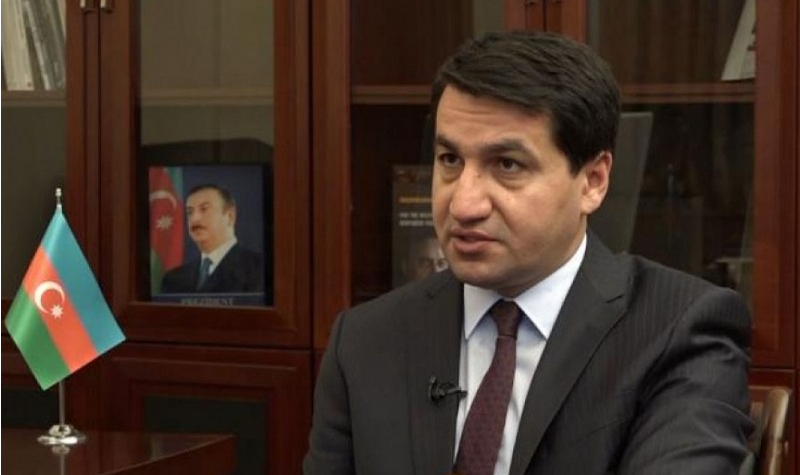
Hikmat Hajiyev: Protection of cultural heritage is a universal obligation and should not be used by UNESCO for political purposes
Assistant to the President of the Republic of Azerbaijan, Head of Foreign Policy Affairs Department of the Presidential Administration Hikmat Hajiyev has given an exclusive interview to AzerTag.
- Mr. Hajiyev, during a visit to Zangilan district on 23 December 2020, President Ilham Aliyev noted that Azerbaijan had repeatedly appealed to UNESCO in the past 30 years over the destruction on the part of Armenia and Armenianization of our mosques and historical sites in the occupied territories. However, UNESCO has never sent a mission there. How would you explain UNESCO’s recent desire to send a mission to our country after failing to respond to Azerbaijan’s calls for 30 years?
- As President Ilham Aliyev has noted, Armenia committed illegal acts in our occupied territories, such as the deliberate destruction and Armenianization of cultural, historical and religious sites of our people.
Armenia has destroyed 927 libraries, more than 60 mosques, 44 temples, 473 historical sites, palaces and museums in these areas. It has also illegally taken out 40,000 museum exhibits.
In order to investigate and prevent the illegal actions of Armenia, Azerbaijan has repeatedly suggested that UNESCO send a mission to our occupied territories. Armenia, the aggressor state, demonstrated an unconstructive approach and prevented all of Azerbaijan’s calls for the UNESCO mission to be sent.
The international community, including UNESCO, has been continuously informed about Armenia's illegal actions in the occupied territories of Azerbaijan. There have been a number of publications in this regards. For example, a book entitled “War against Azerbaijan – an attack on cultural heritage” was published and submitted to UNESCO in 2007. The book contains extensive information about the cultural and religious sites that Armenia has destroyed in the occupied territories of our country, their deliberate Armenianization and the description of Albanian churches as Armenian ones. But there was no adequate response from UNESCO.
For example, back in 2008, during a visit of the then Director-General of UNESCO, Koichiro Matsuura, to our country, the Azerbaijani side proposed to organize such a mission. At the time, the director-general said they were looking into the matter and could not comment on the timing of the mission.
I remember making a number of statements on this topic as head of the press-service at the Ministry of Foreign Affairs. In one of the interviews in 2015, I noted that Azerbaijan invites UNESCO to send a mission to investigate and monitor the destruction of material and cultural heritage in the occupied territories of our country. But Armenia would not allow this mission to be carried out. If the mission is carried out, acts of vandalism against the material and cultural sites of our people in the occupied territories will be documented and disclosed to the international community.
In 2016, there were reports that Armenia was using the Juma Mosque in Aghdam for military purposes. A statement released by the Foreign Ministry at the time said that this was a flagrant violation of international law, including the 1954 Hague Convention for the Protection of Cultural Property in the Event of Armed Conflict.
Therefore, instead of shedding crocodile tears and engaging in political speculation, Yerevan should now clarify why it did not allow the UNESCO mission to take place. Unfortunately, UNESCO did not display a principled approach and determination in this issue either. In fact, it did not even issue a statement.
Year 2020 has been written in our history in golden letters. Under the leadership of the Victorious Commander-in-Chief, the glorious Azerbaijani Army liberated our lands from occupation. As a result, the whole world once again witnessed the atrocities and barbarism Armenia has committed against our cultural heritage. Recently, on the instructions of President Ilham Aliyev, we took diplomats accredited in our country to the liberated cities of Fuzuli and Aghdam. All buildings and sites there are destroyed. We saw that the historical “Imarat” cemetery in Aghdam where Karabakh khans are buried has been destroyed and desecrated.
Armenia has illegally taken out, embezzled and sold abroad museum exhibits, manuscripts, carpets and historical jewelry in our occupied territories. For example, the house museum of the famous Azerbaijani poet, Khurshidbanu Natavan, in Shusha was destroyed, while and hundreds of pearls of art, paintings, carpets, miniatures, souvenirs, archeological samples stored in the museum were destroyed and looted by the occupiers. The famous Bread Museum in Aghdam was destroyed. Many valuable Karabakh carpets were taken to Armenia and sold abroad. Armenia has carried out illegal archaeological excavations in the Azykh Cave and Aghdam, the archeological sites of global significance. Valuable finds have been taken to Armenia. As a matter of fact, Armenia has pursued a policy of vandalism, looting and robbery at state level.
These steps by Armenia represent a blatant violation of international humanitarian law, in particular the 1954 Hague Convention for the Protection of Cultural Property in the Event of Armed Conflict and the UNESCO 1970 Convention on the Means of Prohibiting and Preventing the Illicit Import, Export and Transfer of Ownership of Cultural Property.
Armenia is responsible for these illegal actions, must be held accountable for them and return the stolen cultural heritage to its rightful owner, Azerbaijan.
In recent months, the world media have published numerous reports and news items on the atrocities, vandalism and looting committed by Armenia. UNESCO must adequately respond to these illegal actions on the part of Armenia and condemn them. However, paradoxically, both during and after the Patriotic War, UNESCO made a number of incomprehensible, wide-of-the-mark and erroneous statements. Recently, the UNESCO deputy director-general said that the organization was waiting for a response from Azerbaijan regarding the mission.
First of all, let me note that the content and tone of this statement is unacceptable for the Azerbaijani side and is clearly biased. As a multicultural and tolerant country, Azerbaijan ensures the protection of all cultural and religious sites located on its territory – whether it is a Muslim, a Jewish or a Christian site. The fact that the Heydar Aliyev Foundation has recently overhauled the Church of the Blessed Virgin Mary in the Nij settlement of Gabala is a vivid example of that.
The fact that UNESCO and some countries have been raising the issue of a mission after Azerbaijan’s victory raises a number of questions. Why didn't UNESCO send a mission before? Why didn't UNESCO react when mosques were destroyed in the occupied territories of Azerbaijan, when pigs and cows were kept in them?! As Mr. President said, it appears that the destruction of mosques is acceptable?!
However, some, including the UNESCO leadership, “are extremely worried” about the fate of Christian monuments in the liberated territories even though there is no reason for that. Let me emphasize again that we have great respect for the sites of all religions in our country, and we protect them. However, the reaction of UNESCO gives the impression that Christian sites are more important than Muslim ones. This shows that while all religious and cultural sites regardless of their nature must be protected, UNESCO and some political circles demonstrate a clearly discriminatory approach on religious grounds. All this is a perfect example of political hypocrisy and double standards.
Let me also emphasize another fact. In January 2018, the Minister of Foreign Affairs of Azerbaijan, at a meeting with the then newly-elected UNESCO Director-General, Audrey Azoulay, raised the issue of sending a UNESCO mission to our occupied territories again.
- What was Audrey Azoulay’s attitude to the issue?
- Quite interestingly, Audrey Azoulay said that UNESCO was a humanitarian organization and therefore did not want to interfere in political affairs.
Just two years later, it seems that UNESCO has “forgotten” that it is a humanitarian organization. Why did the UNESCO leadership change its position so quickly after Azerbaijan’s glorious Patriotic War?! Why doesn’t the organization have a sustainable position on one and the same issue?! Of course, such an approach cannot satisfy Azerbaijan and, in general, other responsible members of the international community. The transcript of the said meeting is available in our diplomatic archives.
It is clear that many political circles are concerned about the new reality shaping up in our region as a result of Azerbaijan's victory worries, and they can’t come to terms with it. It is unfortunate that UNESCO is involved in these processes either intentionally or unknowingly. The UNESCO leadership should give up this policy. UNESCO is an intergovernmental organization and must carry out its activities in accordance with its mandate in an objective and impartial manner. UNESCO officials should not be preoccupied with advancing the national agenda of the countries they are citizens of. UNESCO should not become an instrument of political influence of any state. This is a great blow to his authority and independence. The protection of cultural heritage is a universal obligation and should not be used for political purposes.
- What is Azerbaijan's current position on the UNESCO mission?
- You know, Azerbaijan's position is right and sustainable. In other words, as was the case yesterday, Azerbaijan does not oppose the organization of the UNESCO mission today. We only expect to be treated in accordance with international law and relevant procedures. When security conditions permit, a clear mandate and composition of the mission should be agreed between Azerbaijan and UNESCO. Azerbaijan's territorial integrity and sovereignty must be respected.
Currently, the Ministry of Culture is assessing the condition of our cultural sites in the liberated territories, and information about this will be submitted to UNESCO in due course. As in other areas, Armenia must be held accountable for the cultural genocide and terror perpetrated during the occupation in order to erase the traces of the Azerbaijani people in these lands.
- Reports are being circulated that UNESCO wants to implement certain projects in Karabakh together with UNITAR. What is Azerbaijan's attitude to this?
- Yes, we have heard about it. These two organizations want to conduct observations in Karabakh via satellites and assess the situation in relation to the protection of cultural heritage there. I want to state unequivocally that such amateurism is unacceptable. Both UNESCO and UNITAR are UN organizations. They must act in accordance with international law and relevant UN procedures. Karabakh is the land of Azerbaijan and any activity carried out there must be coordinated with Azerbaijan. Otherwise, we will assess this as overt disrespect for the territorial integrity and sovereignty of Azerbaijan, and will respond adequately.
- Mr. Hajiyev, what other work has Azerbaijan done at UNESCO level to protect cultural heritage during armed conflict? In general, what can you say about the future of our relations with UNESCO?
- Within the framework of our cooperation with UNESCO, Azerbaijan has paid special attention to the protection of cultural sites during armed conflict. Azerbaijan was elected a member of the UNESCO Committee for the Protection of Cultural Property in the Event of Armed Conflict in 2011 and has taken initiatives as an active member within it. In 2012-2013, a document called “Protection of cultural sites in the occupied territories” was discussed and adopted within the Committee. The document, prepared on the initiative and with the active participation of our country, contained the steps the UNESCO Secretariat should take to protect cultural sites in the occupied territories during conflicts around the world.
As a country suffering from occupation itself, Azerbaijan has been sensitive to the destruction of cultural sites not only in our occupied territories, but also around the world, and has always attached importance to cooperation with UNESCO in this area. Our idea is that cultural heritage belongs not just to one nation but to entire mankind.
In 2016, UNESCO developed the first Military Guide on the Protection of Cultural Sites. This guide is a very important publication and has been translated into different languages and used by many countries and international organizations, including NATO. It was Azerbaijan that provided financial assistance in for the publication of the guide. Along with experts from Italy, England and France, there is also an Azerbaijani expert among its authors. This is an indication of the importance our country attaches to the protection of cultural sites, as well as its reputation in this area.
Also, Azerbaijan always kept the issue of protection of cultural heritage during armed conflict on the agenda during its membership in the World Heritage Committee, one of the most prestigious bodies of UNESCO, in 2015-2019.
As for the second part of your question, I must say that cooperation with UNESCO has always been in the spotlight of the First Vice-President of the Republic of Azerbaijan, Mrs. Mehriban Aliyeva. It is no coincidence that Mrs. Mehriban Aliyeva was awarded the title of UNESCO Goodwill Ambassador in 2004 in recognition of her contributions to the preservation and development of Azerbaijan's oral folk literature and national musical heritage. It was on her initiative and with her support that important projects in the field of protection of cultural heritage were implemented in Azerbaijan and abroad, schools were built, mosques, churches and historical sites were restored.
Azerbaijan, a country that attaches great importance to international law, international humanitarian activity and multiculturalism, is committed to continuing its fruitful, constructive and mutually respectful cooperation with UNESCO. Azerbaijan expects the same approach from UNESCO.


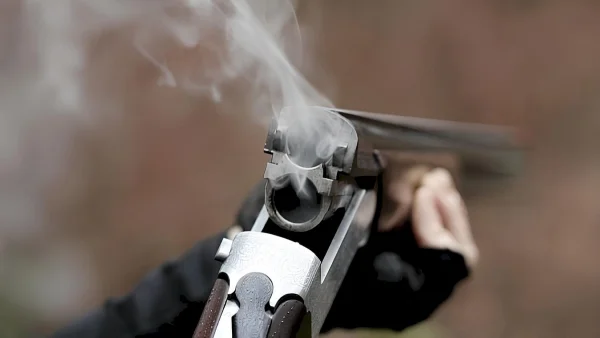
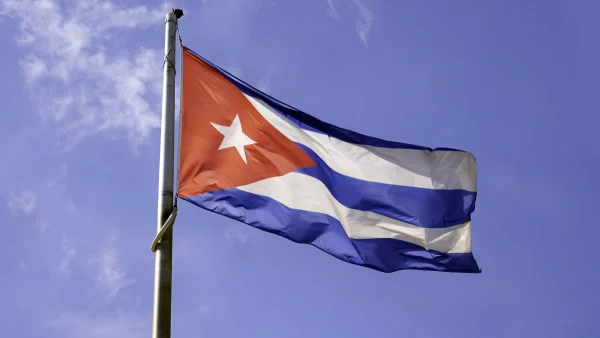
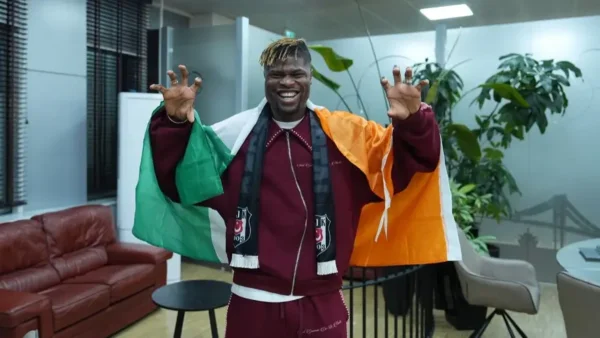





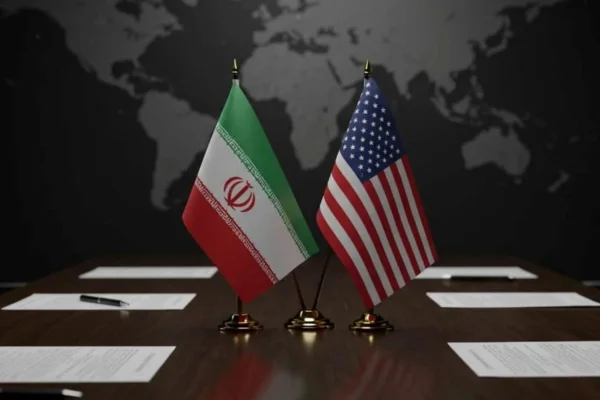

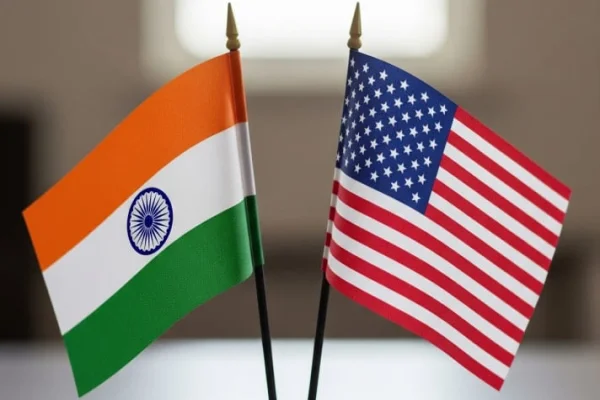
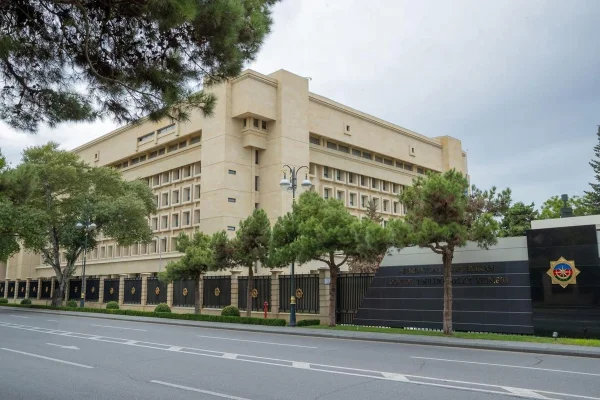
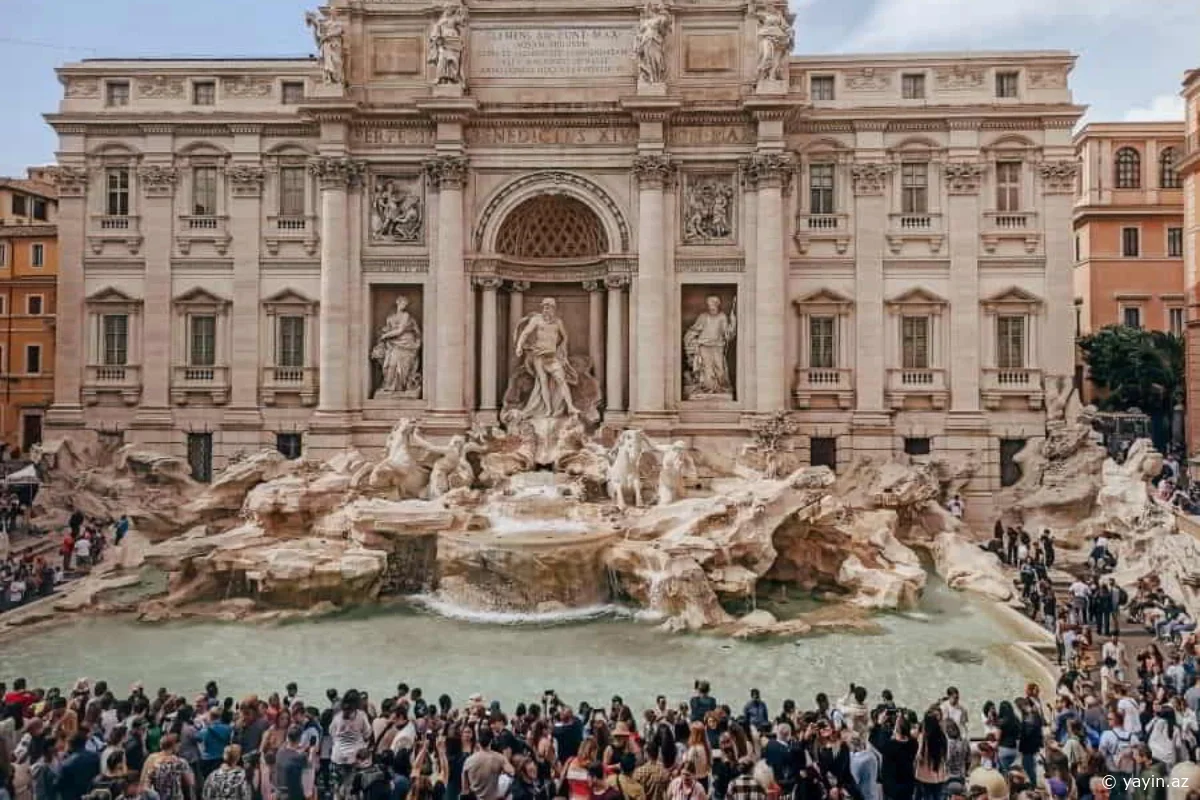




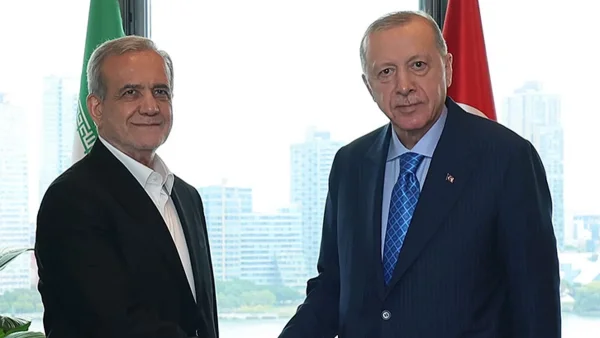
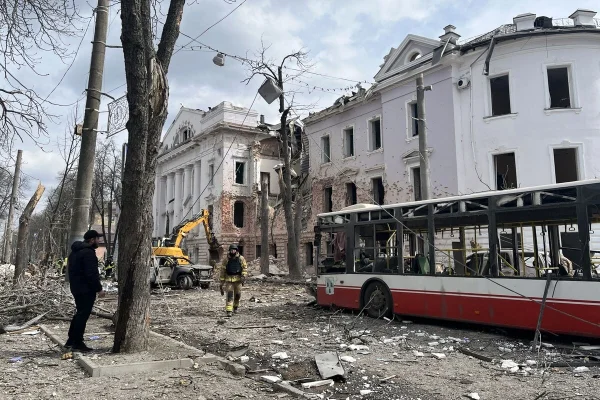
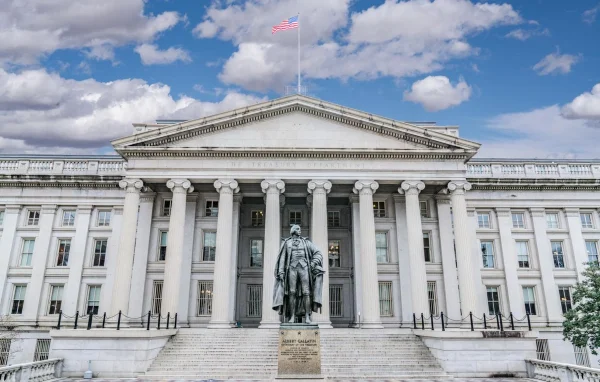
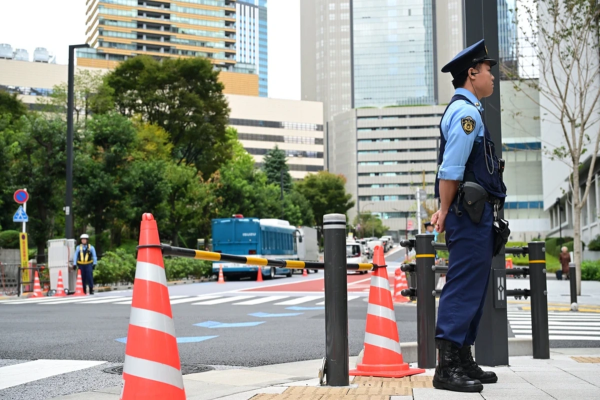
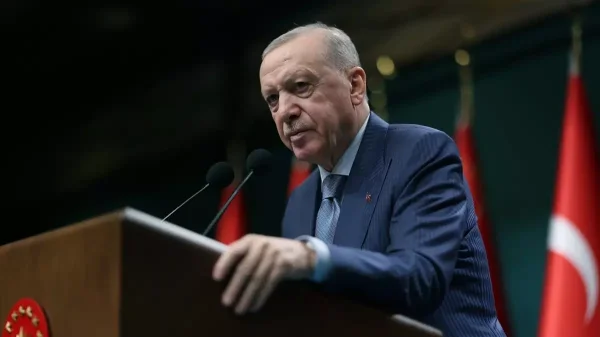
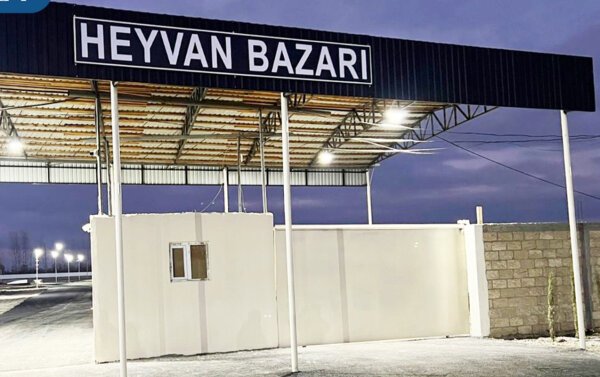

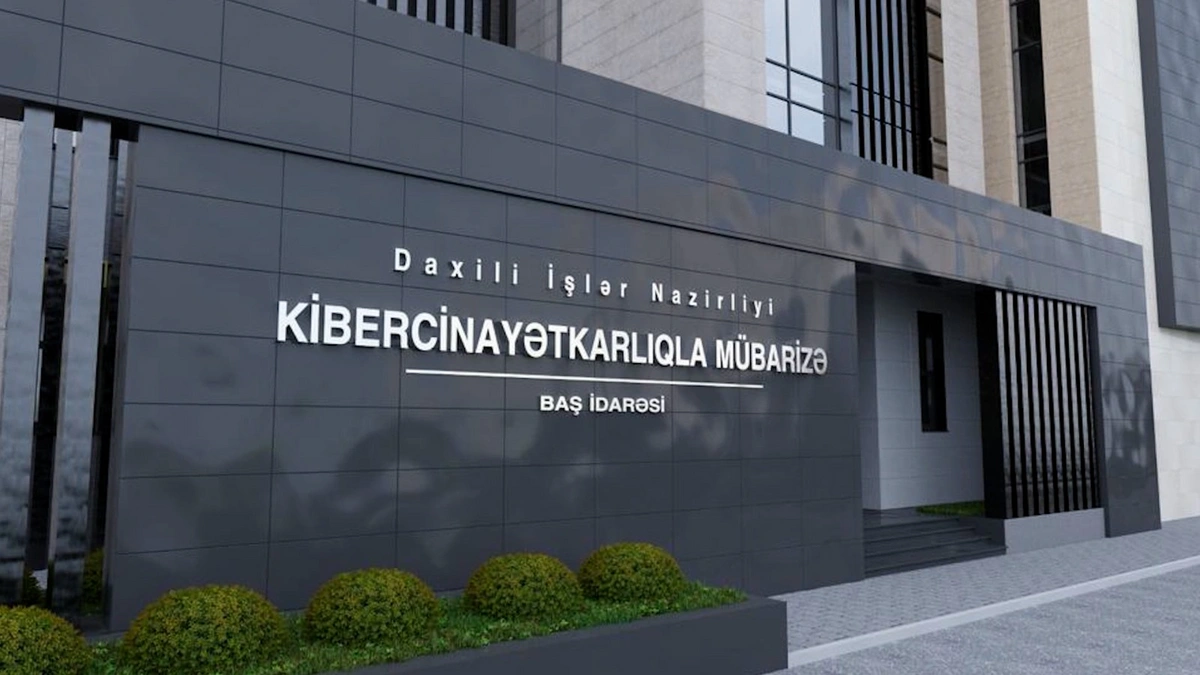

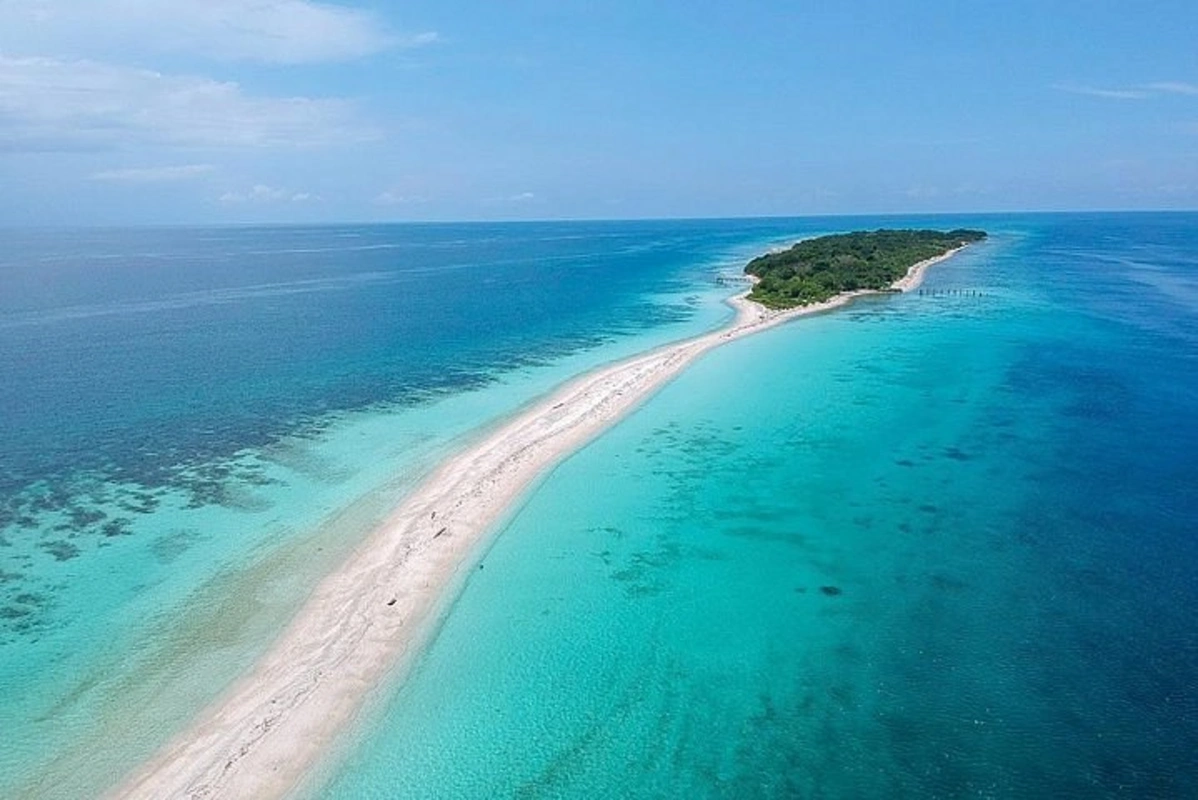
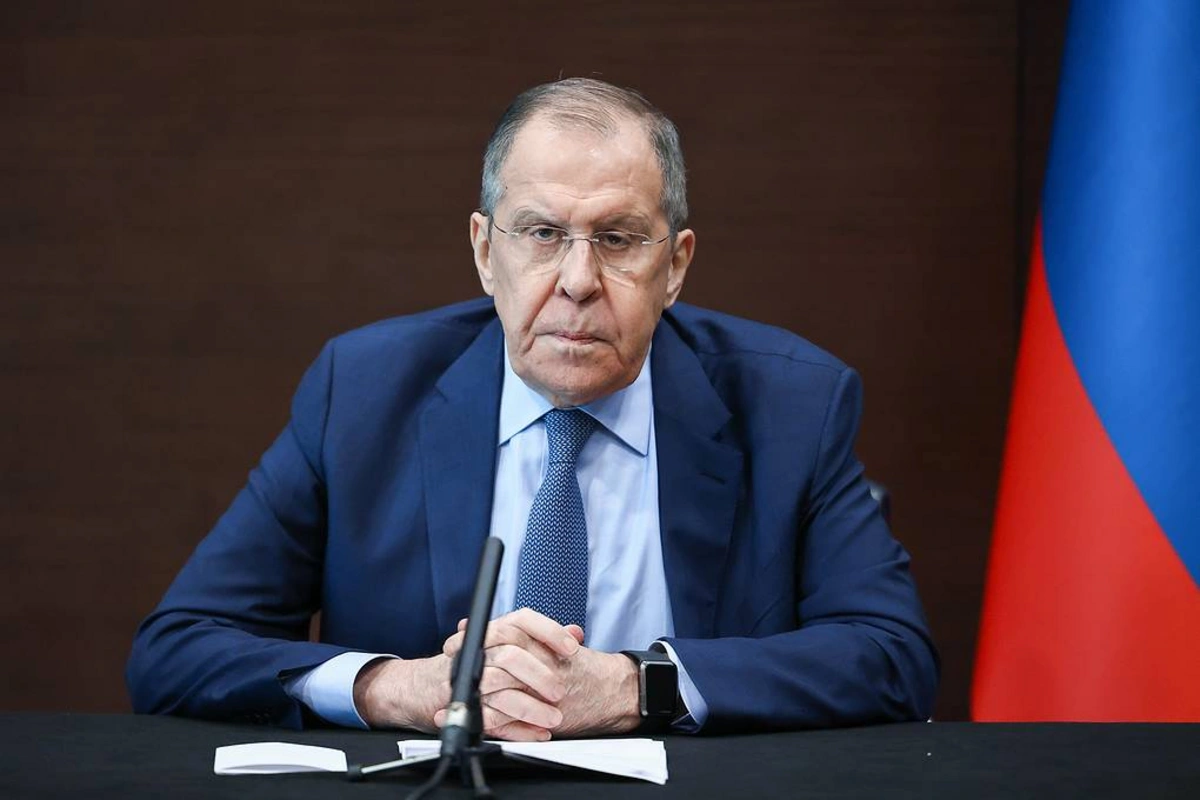
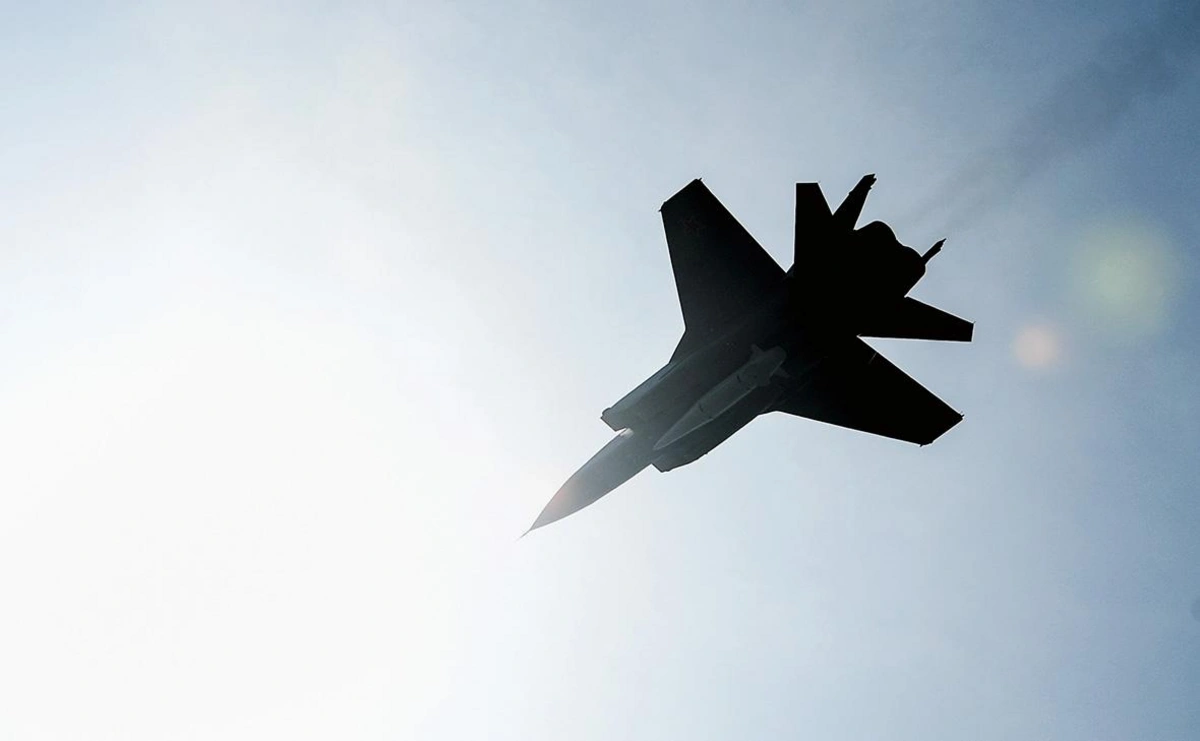
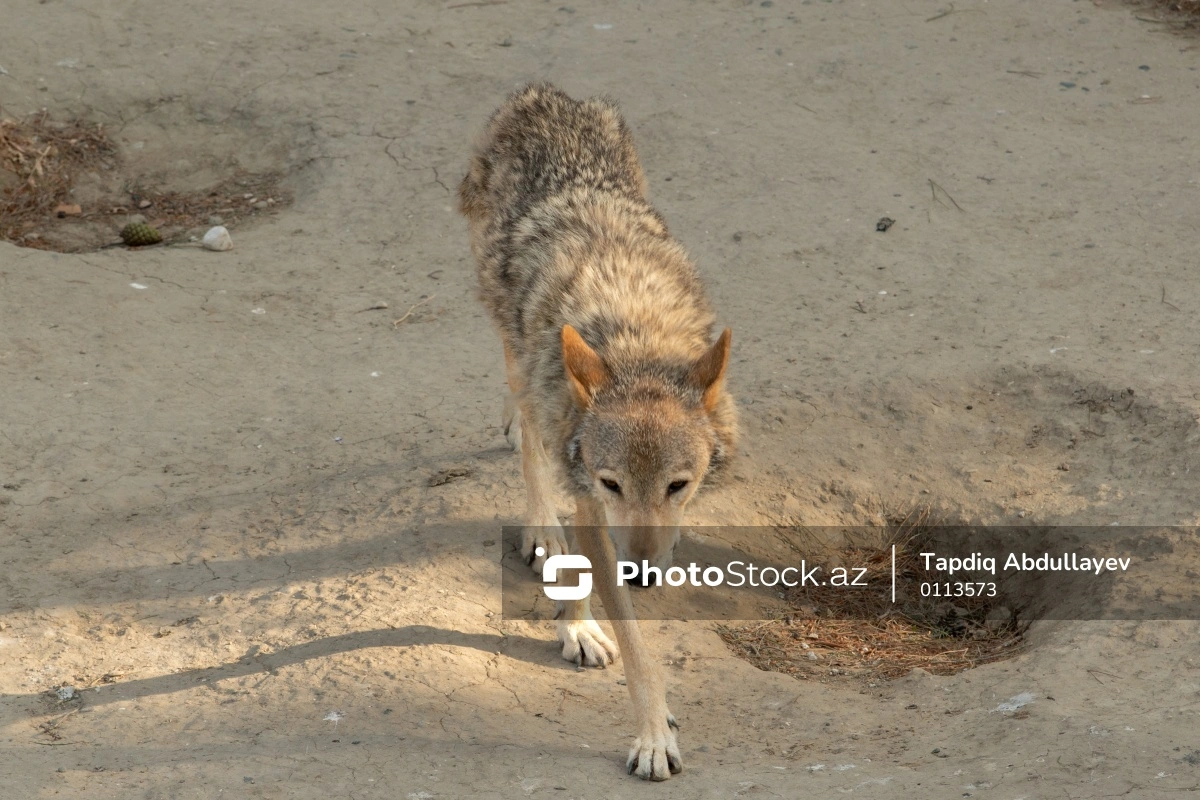
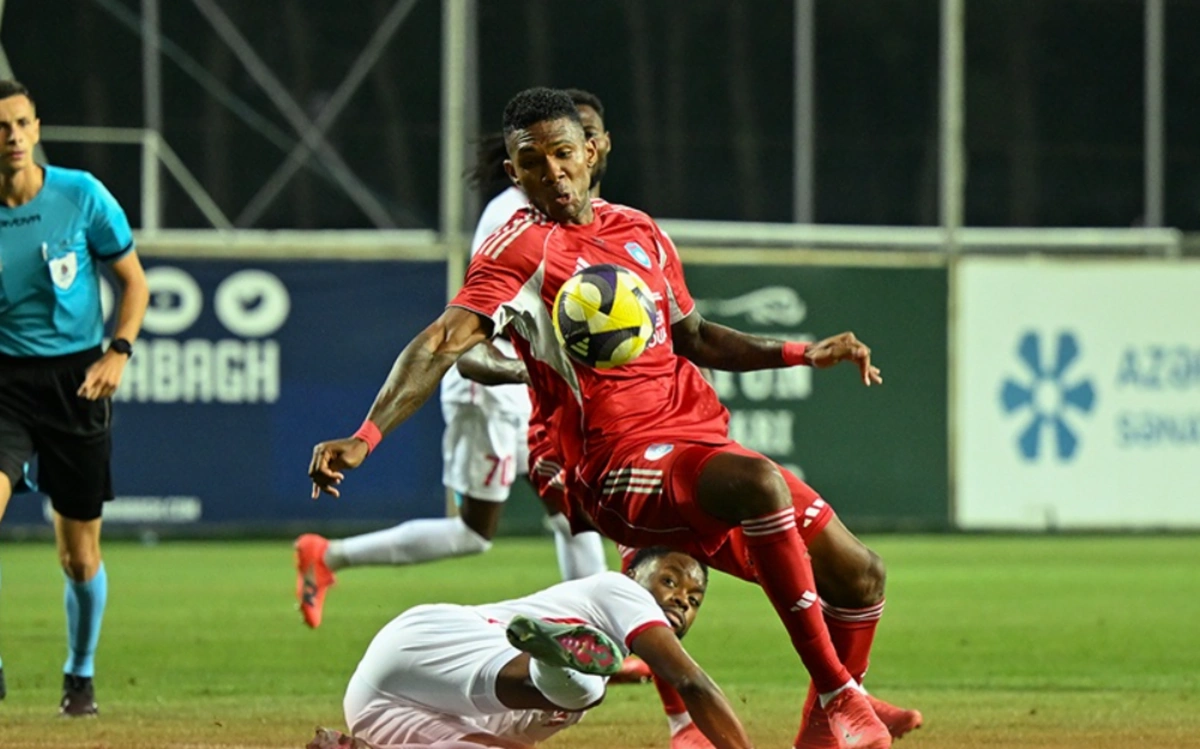

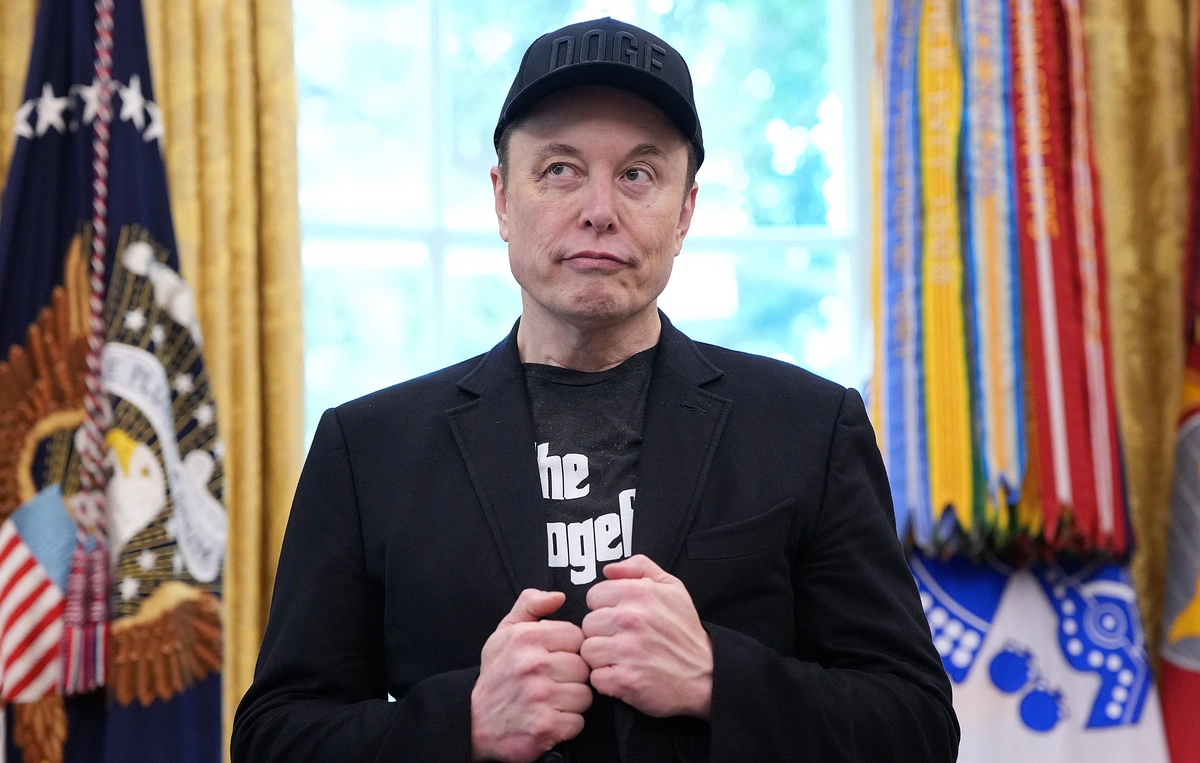
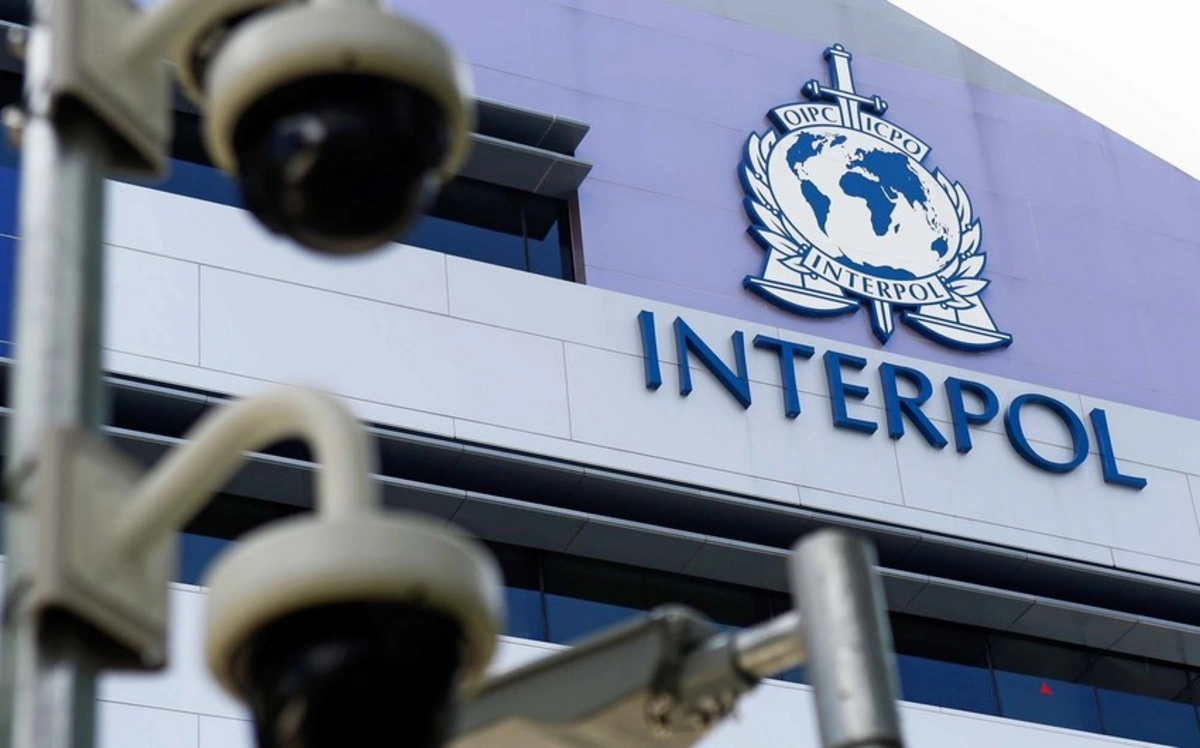

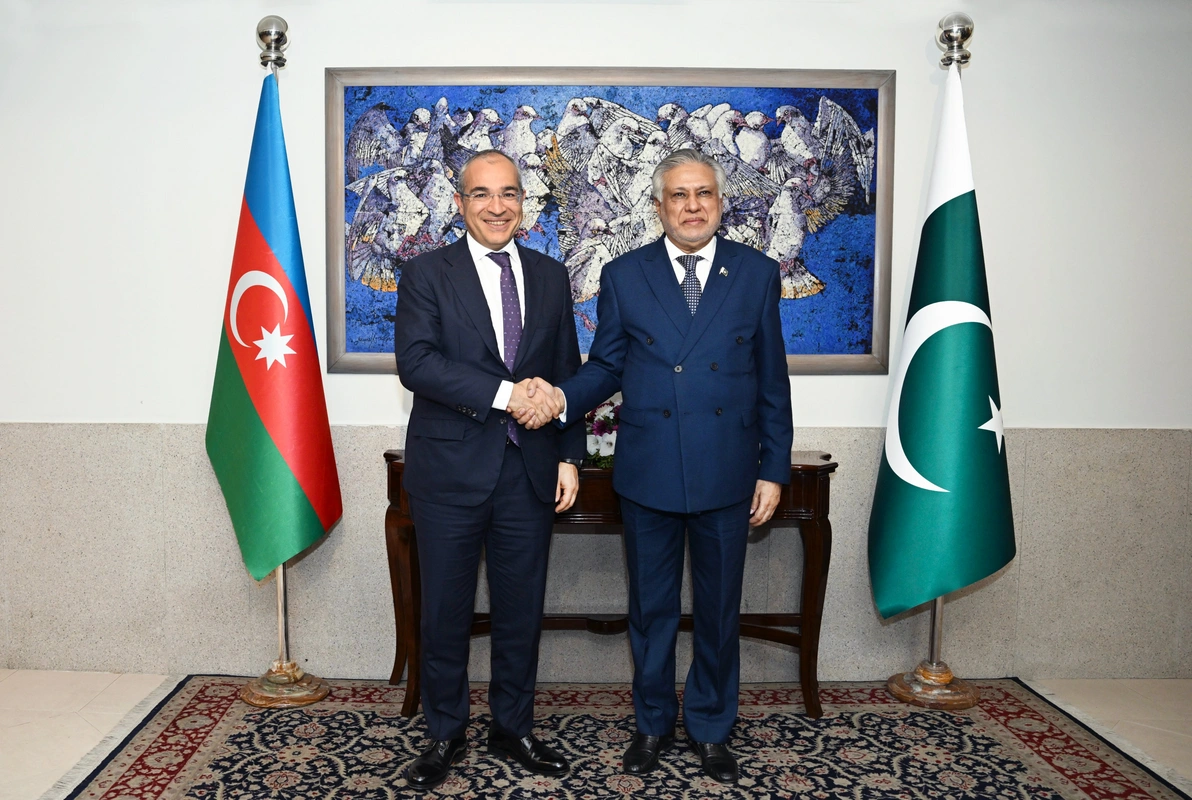






Şərhlər